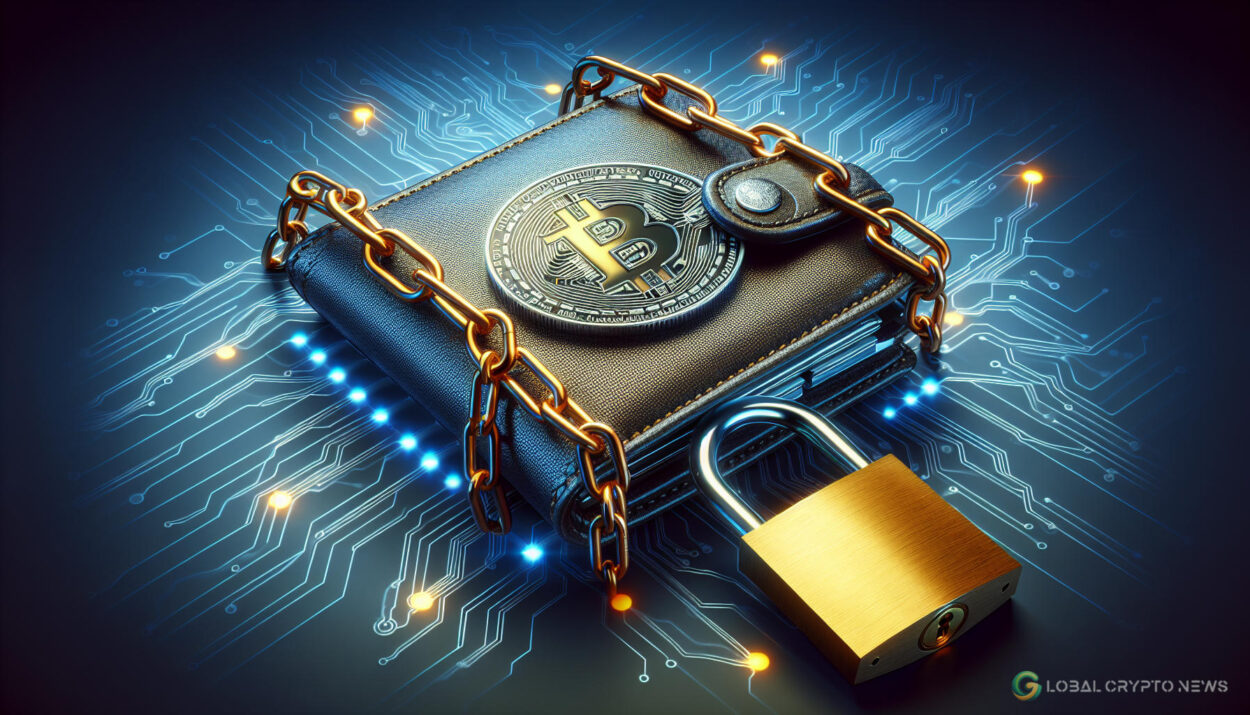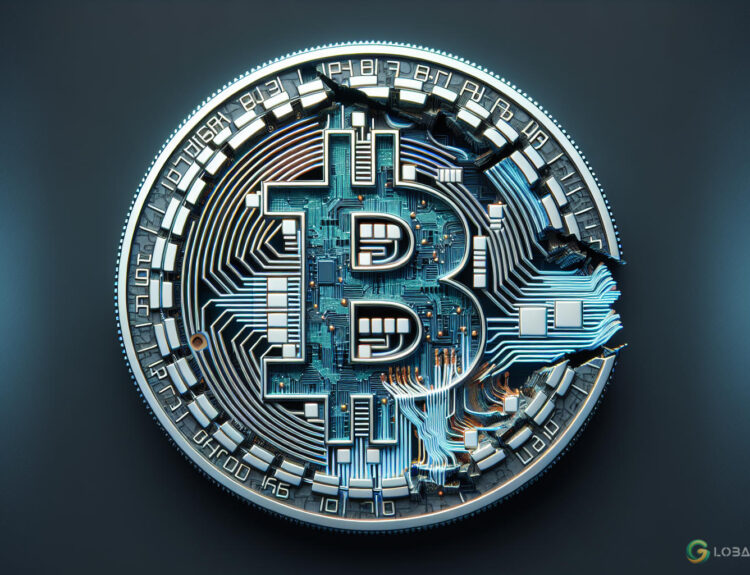Inside stories from WazirX’s victims highlight the human toll of the hack, while experts question whether the exchange’s recovery efforts will restore trust.
The Beginning of the Crisis
On July 18, the Indian crypto community was shaken when WazirX, the country’s largest crypto exchange, became the victim of a massive hack. Allegedly carried out by the notorious Lazarus Group from North Korea, the attack resulted in a staggering loss of $235 million worth of crypto assets.
The hackers initially stole 15,298 Ethereum (ETH) before swapping various tokens, including Shiba Inu (SHIB), Polygon (MATIC), and Pepe Coin (PEPE), ultimately amassing 59,097 ETH in total. This severely impacted WazirX’s ability to maintain a 1:1 collateral ratio with its underlying assets, potentially destabilizing the platform.
In response, WazirX temporarily suspended all withdrawals, both in INR and crypto assets, in an attempt to contain the damage. However, this sudden halt only exacerbated the situation, leaving users unable to access their funds, even in emergencies. More than 45 days have passed, and withdrawals remain on hold. Meanwhile, social media has become a hotspot for frustrated users, many of whom feel abandoned by the platform.
WazirX has not provided any substantial updates on recovery efforts, leaving users in the dark about when—or if—they will ever recover their funds.
A Series of Missteps
July 18: The Blame Game Begins
On the same day as the hack, WazirX attempted to deflect responsibility by pointing fingers at its digital custody partner, Liminal. The company claimed that the exploit was connected to a discrepancy in a multisig wallet using Liminal’s custody services. However, Liminal quickly pushed back, denying any fault and asserting that its infrastructure had not been compromised. This back-and-forth only deepened the mistrust among users.
July 27: The Socialized Losses Controversy
On July 27, WazirX attempted to introduce a “socialized losses” program. The exchange proposed that users would only be able to access 55% of their assets, while the remaining 45% would be locked as USDT-equivalent tokens. This plan was met with immediate backlash from users, who felt the proposal was unfair and that WazirX was trying to shift the burden of the hack onto its users.
August 14: Ending the Custody Partnership with Liminal
On August 14, WazirX announced it was terminating its partnership with Liminal Custody to enhance security by migrating remaining assets to new multisig wallets. This decision followed weeks of back-and-forth accusations between the two companies.
WazirX’s Dubious Withdrawal Strategy
As the chaos surrounding WazirX continued, users were dealt another blow when the exchange revealed new restrictions on withdrawals. On August 23, WazirX announced that it would be lifting the suspension on INR withdrawals, but only 66% of users’ INR funds would be available for withdrawal. The rest were frozen due to ongoing disputes and investigations by law enforcement agencies.
Things took a more worrying turn when WazirX and financial advisory firm Kroll announced during a digital town hall on September 2 that they would seek a moratorium through Singapore’s legal system. This move would temporarily shield WazirX from legal action while it attempted to restructure its liabilities, but it meant users would be unable to withdraw their crypto for at least six more months.
The Untold Stories of WazirX’s Users
The aftermath of the WazirX hack has left thousands of users stranded, their funds locked away with no clear path to recovery. Several victims shared their personal experiences, frustrations, and the devastating impact this has had on their financial lives.
One user, Sana Afreen, Director of Partnerships at Rizzle, expressed her frustration:
As someone with 25 lakhs (about $30,000) stuck in crypto assets, this is a blatant breach of customer trust. WazirX’s handling of the situation has been disastrous. The blame-shifting, delayed responses, and freezing of funds have added to the anxiety and frustration.
Another user, who chose to remain anonymous, shared their painful experience:
I have over 15 lakhs (about $18,000) tied up on WazirX, and the last few months have been nothing but a nightmare. Every announcement feels like they’re just trying to pacify us without giving any real answers. It’s terrifying to think we may only get back half of what we invested.
Across social media, users are sharing their despair in heart-wrenching posts, reflecting just how far-reaching this disaster has become. Some users are concerned about their health, stating that stress from the situation has worsened their physical condition, making it difficult to repay loans and pushing them toward dark thoughts.
Expert Opinions: The Fallout from WazirX’s Missteps
The WazirX hack has left the crypto community and experts questioning the exchange’s response and transparency. Suraj Sharma, Global Head of Public Policy & Government Affairs at BitBNS and Onramp.money, pointed out that the exchange’s failure to communicate effectively had a devastating impact on its credibility:
Since the hack, WazirX’s approach has raised serious concerns regarding transparency. The freezing of INR funds, even for non-affected users, and the delayed communication have significantly eroded customer trust.
Another expert from the Indian crypto community, who wished to remain anonymous, shared similar concerns:
The shift to Singapore could be motivated by the promise of a more favorable legal framework, but it raises serious concerns about WazirX’s commitment to its Indian users.
Legal Troubles Brewing for WazirX
As WazirX grapples with the aftermath of the July hack, the exchange is now facing increasing legal challenges. Indian users, frustrated by the freezing of their funds and WazirX’s controversial decision to shift legal proceedings to Singapore, are seeking justice. Siddhant Pandey, Managing Partner at Is It Legal Sid, mentioned that any company’s attempt to move legal proceedings outside India does not strip Indian users of their rights to pursue action within Indian courts:
All users are Indian customers. Many companies draft their Terms of Use to bind users to arbitration in an overseas jurisdiction, but such tactics don’t void the jurisdiction of Indian consumer forums. Indian users should contest and reject similar proceedings outside India.
Pandey guides his clients to pursue their claims in India, specifically through the National Consumer Disputes Redressal Commission (NCDRC), which handles high-value consumer disputes. With increasing legal pressure from affected users, the exchange may soon face the full force of Indian consumer protection laws.
Stay updated with the latest cryptocurrency news on Global Crypto News.























